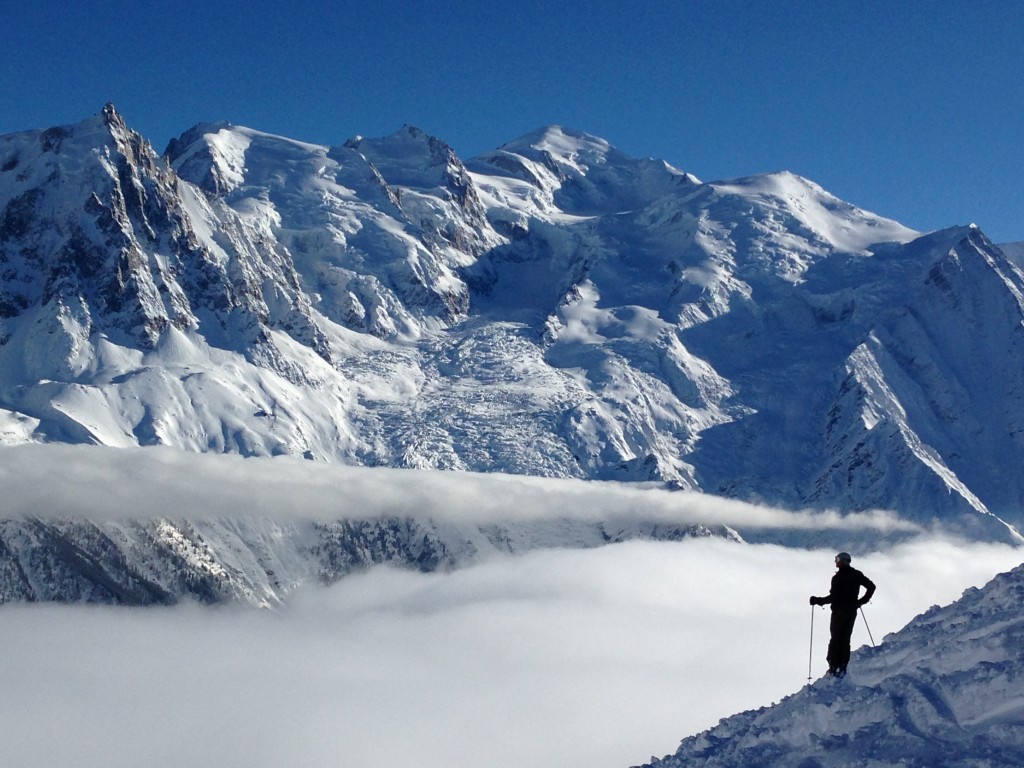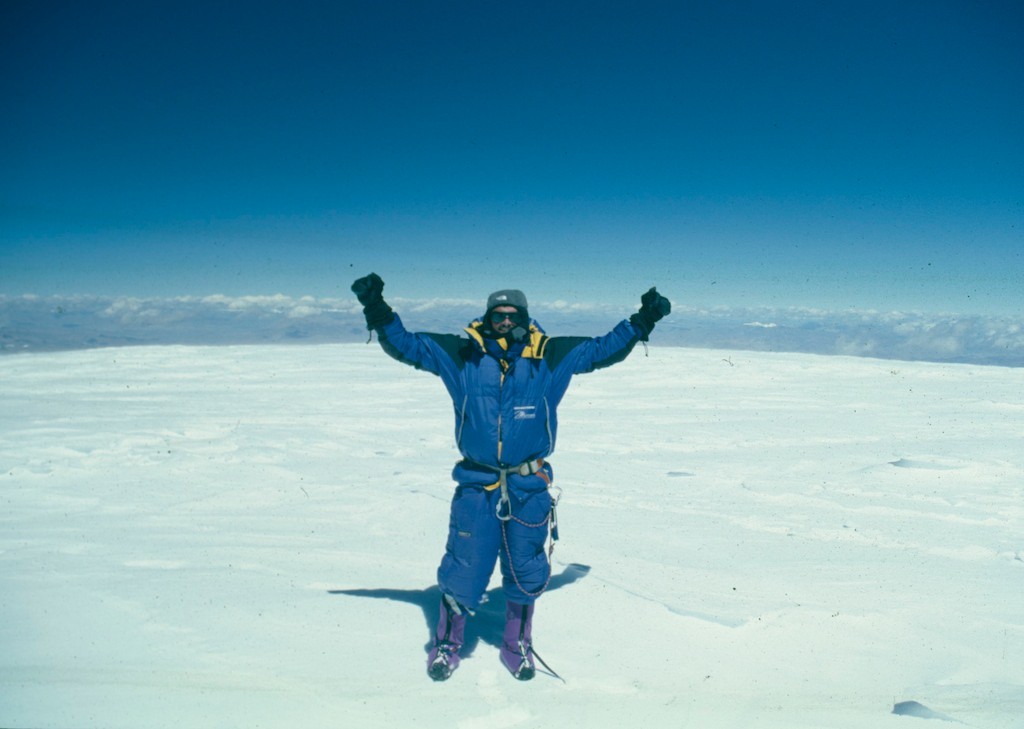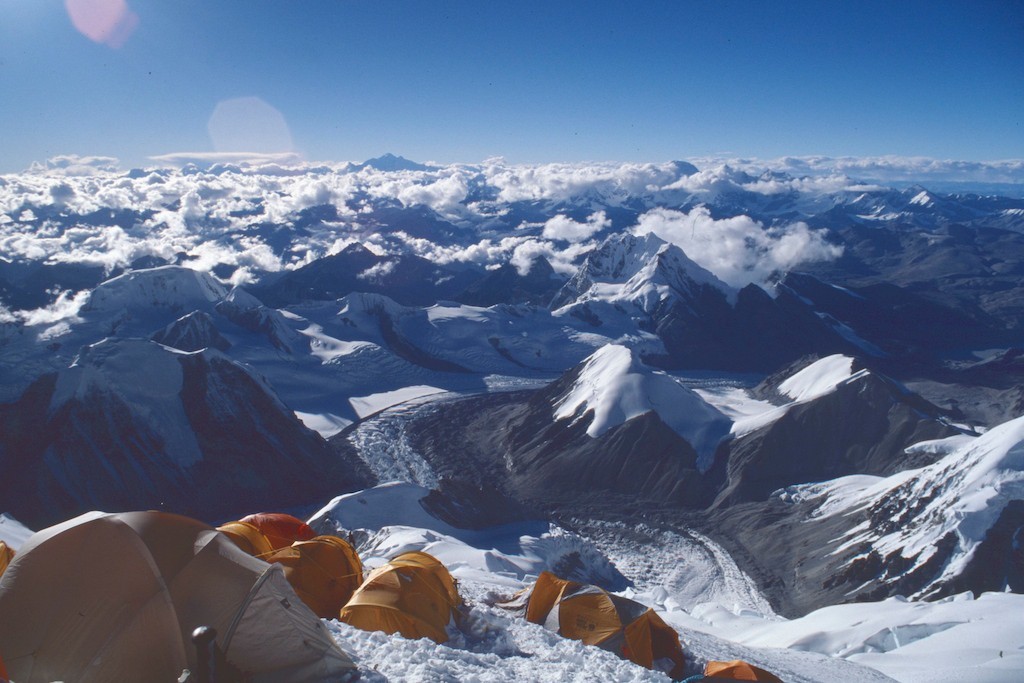How has technology influenced exploring today? Three past and present explorers give us their take on things
Some make exploring and travelling a major part of their life. Explorers were, since the 15th century and the discovery of America, the main source for mapping the still largely unknown world. They were the people who risked their lives to discover virgin territories and inform the rest of the population. Today, although the majority of the world is now traced and mapped, the thrill of exploring has not died down.
Many still want to see with their own eyes the wonders that our Earth has to offer. When a good pair of walking boots and a knife was probably the basic kit for an explorer, today, modern equipment, techie gear and communication technologies enable travelers to live the adventure fully.
Chris Patient, 54, British mountaineer
Chris has done rock climbing, mountain treks, abseiling, extreme skiing photography…and in many mountain chains of the world. He now and lives a quieter life in Switzerland with his wife, Anna, although that has not stopped him from hiking and skiing regularly. “I have never grown tired of exploring but I am now quite satisfied with simple and easy and closer adventures,” he tells Life360, “I no longer need to go to Tibet in search of adventure but I am quite happy finding new single trails on my mountain bike in a nearby forest.”
His most memorable experience was climbing to the summit of Cho Oyu (the 6th highest summit in the world) in the Himalayas. At the time, he was 40 and although the technology was advanced, it was not quite as high tech as it is now. He told Life360 how he feels about the technological progress regarding equipment:
“Equipment has improved making exploring easier and more comfortable. The biggest advantage now is communications with the internet and GPS technology. I think actually this has given modern young explorers more confidence to push boundaries even further and take even more risks to achieve much more.
However, somehow the feeling of always being watched and always having to record and report on modern media has taken away the real spirit and feeling of adventure out of today’s adventure athletes.”

Julien Duval, 31, French travel photographer
Julien has lived in Zagreb in Croatia for five years and his photography is largely inspired by the surrounding landscapes. He graduated in Geography so he has a serious background and knowledge of map reading. However he has nothing against modern technology where travel is concerned:
“As a geographer, I have nothing against GPS but most of the time I use maps,” he explains to Life360, “GPS is good because it’s much easier to find remote places and the Earth has less secrets. You can explore everything.”
He is more concerned that people with techie equipment put on a show rather than actually travel. “Some people never travel,” he says,” they can have all the equipment and everything but maybe they are afraid to cross the psychological fence. Once you cross this fence, you’re done, you can go wherever you want.”

Mikael Strandberg, 53, Swedish explorer
Mikael Strandberg has 28 years of exploring experience behind him. He produces documentaries about his expeditions which he has toured around the world. On his blog, he gives a list of “25 essential items for the beginner adventurer” and surprises us by clearly saying “don’t bring a GPS”.
“Obviously all the new gadgets have ruined proper exploration where you use all your senses,” he says, “and if you make a mistake with the GPS, running out of batteries for example, now that is when it is a problem. Manually those things never happen.”
However, in the expedition reports that he posts on his blog, he admits that sometimes a GPS is indeed necessary when, for instance today’s maps are not accurate due to mobile populations. In his report on an expedition conducted in Yemen in 2012, he writes:
“We realized that there´s no modern maps marking all the new settlements along the route we choose. So, with the help of the GPS we have marked every permanent settlement in these areas and valleys which are much more populated than any map makes you believe.”

“It doesn’t matter what equipment you have, all you need is the will to go out there.” Julien Duval